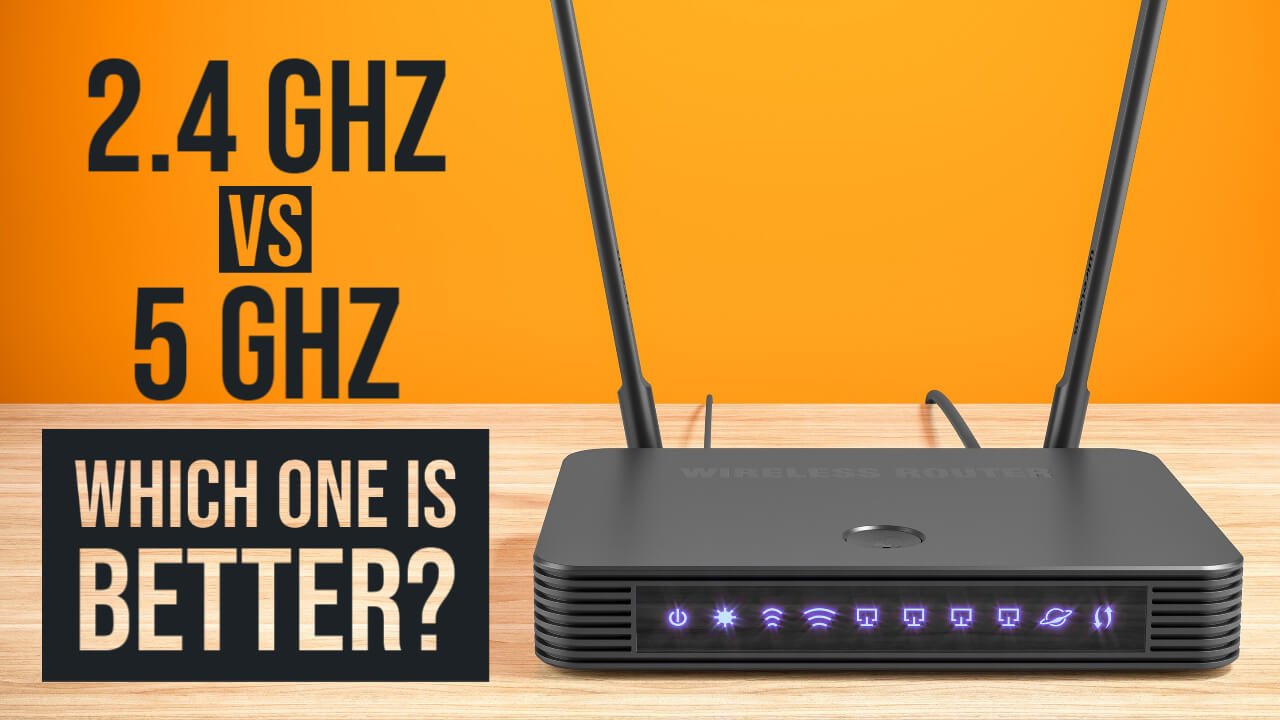

Overall, 5 GHz is a frequency band used by Wi-Fi. The correct name would be a 5 GHz router. Why? Most likely to differentiate it from the 2.4 GHz alternative. However, phrases like 5G Wi-Fi routers typically refer to 5 GHz routers. Some people might use terms like 5G Wi-Fi routers, which only adds to the users’ uncertainty. However, these are two distinct concepts, serving equally different purposes. Wait, 5 GHz is not the same as 5G?ĥ GHz and 5G names can cause some confusion. For instance, many consumers might feel disappointed after switching to 5 GHz. Instead, it became an alternative for users under certain conditions. Nevertheless, 5 GHz stepped onto the scene not necessarily to reinvent the wheel. The digital world has fully embraced it, with all internet-connected devices supporting it. Consumers with broadband routers need to evaluate their situation and personal preferences before taking their pick.įor years, Wi-Fi relied on the 2.4 GHz frequency band. 5 GHz is not as simple as choosing the latest tech trend. However, making the final ruling on 2.4 GHz vs.

After all, it is the current technology, all the rage for many Wi-Fi users. One might assume that 5 GHz is always a superior choice. Such devices are dual-band gadgets that can operate on two bands: 2.4 GHz and 5 GHz. The 5 GHz became widely available after the release of 802.11n (Wi-Fi 4) routers. 5 GHz indicates a choice between two frequency bands through which Wi-Fi radio signals cross. 5 GHz dilemma together and master the common terms.Ģ.4 GHz vs. For one, you might wrestle with the distinction between 5 GHz and 5G. Of course, navigating wireless technology lingo can be challenging.

Do you want coverage that extends to most areas in your spacious house? Or maybe you prefer faster data transmission, and your apartment is compact enough to deal with minimal Wi-Fi range. For the most part, it boils down to your priorities. 5 GHz is an option if you own an 802.11n or newer router.


 0 kommentar(er)
0 kommentar(er)
